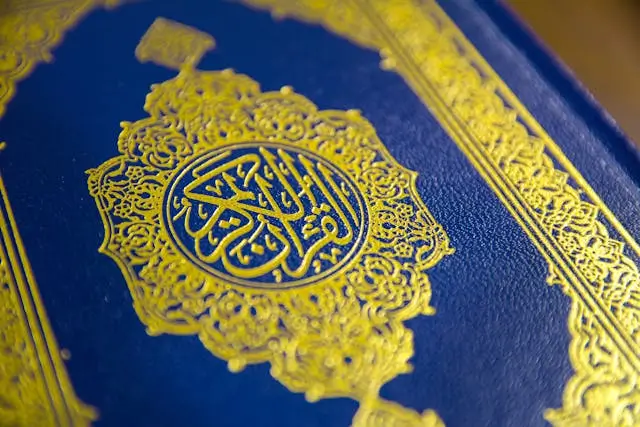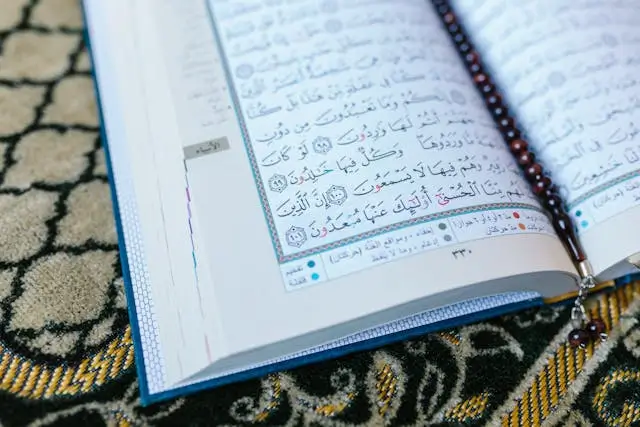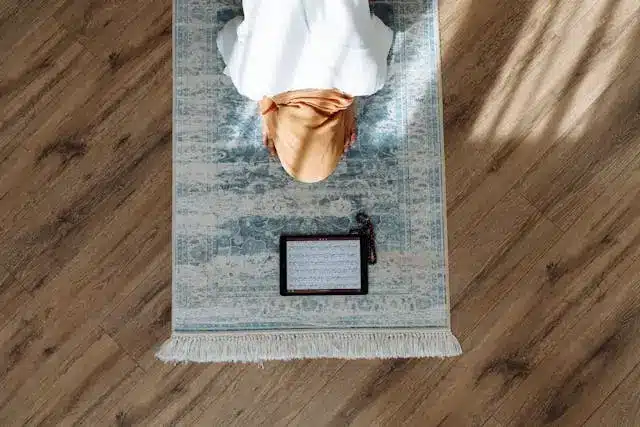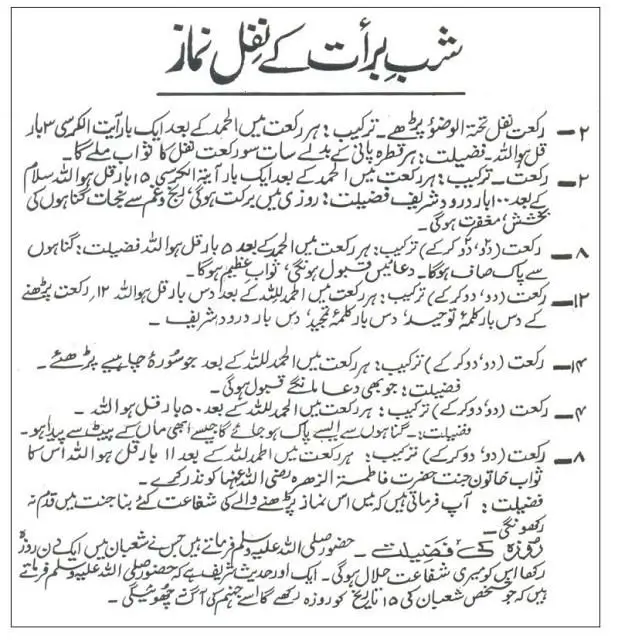When Was the Quran Revealed? Understanding the Timeline of Revelation
The Qur’an is the greatest blessing from Allah ﷻ to humanity — a timeless guide that transformed hearts, societies, and civilizations. Muslims around the world honor it not only as a holy book but as the living word of Allah, sent for guidance, reflection, and mercy.
But have you ever wondered when exactly the Qur’an was revealed? Understanding the time, manner, and wisdom of its revelation helps us appreciate how Allah gradually nurtured the early believers and shaped the message of Islam.
In this article, we’ll explore when the Qur’an was first revealed, how long the revelation continued, the night it began, and the divine reasons behind its timing — all supported by authentic sources from the Qur’an and Sunnah.

The Quran Was Revealed in Ramadan
Allah Almighty tells us in the Qur’an:
“The month of Ramadan is that in which was revealed the Qur’an, a guidance for mankind and clear proofs of guidance and criterion.”
(Surah Al-Baqarah 2:185)
This verse confirms that Ramadan — the ninth month of the Islamic calendar — was the month when Allah began revealing His final message to Prophet Muhammad ﷺ. That is why Muslims deeply associate Ramadan with the Qur’an, increasing recitation, reflection (tadabbur), and night prayers during this blessed month.
The revelation did not happen all at once; rather, the Qur’an was sent down in stages — the first descent marking its beginning, and continuous revelations following throughout the Prophet’s mission.
Laylat al-Qadr – The Night of Power
The exact night the revelation began is known as Laylat al-Qadr (The Night of Decree or Power). Allah says:
“Indeed, We sent it [the Qur’an] down during the Night of Decree.”
(Surah Al-Qadr 97:1)
Laylat al-Qadr occurs during the last ten nights of Ramadan, and is described as “better than a thousand months” (97:3). This night marks the moment when the Qur’an was first sent from the Preserved Tablet (Al-Lawh Al-Mahfuz) to the lowest heaven, before being revealed gradually to Prophet Muhammad ﷺ through Angel Jibreel (Gabriel).
Muslims seek this sacred night every Ramadan, striving in prayer and reflection, because it commemorates the very beginning of divine communication with humanity’s final Prophet.
The First Revelation — “Read in the Name of Your Lord”
The journey of revelation began in the quiet solitude of Cave Hira, near Makkah. The Prophet ﷺ used to retreat there for reflection and worship. One night, Angel Jibreel appeared to him and commanded:
“Read!”
The Prophet ﷺ replied, “I cannot read.”
The angel embraced him and repeated the command until he recited:
“Read in the name of your Lord who created,
Created man from a clinging substance.
Read, and your Lord is the Most Generous—
Who taught by the pen,
Taught man that which he knew not.”
(Surah Al-‘Alaq 96:1–5)
These were the first verses revealed — a moment that marked the dawn of prophethood. The command “Iqra” (Read) was the beginning of an intellectual and spiritual revolution, urging humanity toward knowledge, reflection, and divine awareness.
How Long Did It Take for the Quran to Be Revealed?
The complete revelation of the Qur’an took 23 years:
- 13 years in Makkah (before migration)
- 10 years in Madinah (after migration)
During these years, verses were revealed gradually — addressing specific events, questions, and guidance for believers.
Why Gradual Revelation?
Allah’s wisdom behind revealing the Qur’an gradually includes:
- Strengthening the faith of the Prophet ﷺ and early Muslims.
- Addressing real-life issues as they occurred.
- Making memorization easier for the Companions.
- Allowing the message to take root deeply in hearts and communities.
Allah says:
“And those who disbelieve say, ‘Why was the Qur’an not revealed to him all at once?’
Thus [it is] that We may strengthen thereby your heart, and We have spaced it distinctly.”
(Surah Al-Furqan 25:32)
Makki and Madani Revelations
The Qur’an is divided based on the period of revelation:
- Makki Surahs were revealed before the Prophet’s migration to Madinah.
- Madani Surahs were revealed afterward.
Makki verses focused on:
- Faith in Allah (Tawheed)
- The Hereafter and accountability
- Patience and steadfastness
Madani verses addressed:
- Social laws and governance
- Family relations and community building
- Rules for worship and jihad
👉 Related Reading: Difference Between Makki and Madani Surahs
This division helps readers understand the context, purpose, and tone behind each revelation.
The Completion of the Quran
The Qur’an was completed in the final year of the Prophet’s life (632 CE).
During the Farewell Pilgrimage (Hajjat al-Wida), Allah revealed the verse:
“This day I have perfected for you your religion, completed My favor upon you, and have chosen for you Islam as your religion.”
(Surah Al-Ma’idah 5:3)
After this verse, only a few ayahs were revealed. It marked the completion of divine revelation and the perfection of Islam’s message — a final mercy to humankind.
How the Quran Was Preserved
From the very beginning, the Qur’an was both memorized and written. The Prophet ﷺ had dedicated scribes who recorded each verse as it was revealed. Many Companions also memorized it by heart, earning the honor of being Huffaz (memorizers of the Qur’an).
After the Prophet’s passing, the first Caliph, Abu Bakr (RA), compiled the Qur’an into one manuscript. Later, Uthman ibn Affan (RA) standardized it into the Uthmani script and distributed copies across the Muslim world.
Allah Himself promised:
“Indeed, it is We who sent down the Reminder, and indeed, We will be its Guardian.”
(Surah Al-Hijr 15:9)
This divine preservation ensures that the Qur’an remains pure and unchanged, over 14 centuries later.
The Wisdom Behind Revelation in Ramadan
Why Ramadan? Because this sacred month is one of mercy, reflection, and renewal. It is a time when hearts are more receptive and souls seek closeness to Allah.
Revealing the Qur’an in Ramadan emphasizes:
- The link between fasting and spiritual awakening.
- The importance of recitation (tilawah) and reflection (tadabbur).
- The opportunity to renew our connection with the words of Allah.
The Prophet ﷺ would review the Qur’an with Angel Jibreel every Ramadan — and in his final year, he reviewed it twice, showing the deep relationship between this month and divine revelation.
Lessons Muslims Can Learn Today
Understanding when and how the Qur’an was revealed is not just about history — it’s about spiritual growth.
Here’s what every believer can take from it:
- Appreciate the gradual nature of guidance — growth in faith takes time, like revelation itself.
- Connect with the Qur’an regularly, not just in Ramadan.
- Reflect (Tadabbur) on verses deeply, seeking to apply their lessons in daily life.
- Be grateful for Allah’s mercy in sending us a guide that remains unchanged and relevant forever.
👉 You May Also Like:
Conclusion — When Was the Quran Revealed?
The Qur’an was revealed in Ramadan, on the Night of Decree, through Angel Jibreel, and completed after 23 years of divine communication. Each verse was perfectly timed, guiding the believers step by step toward truth, justice, and peace.
Just as revelation descended gradually, we too must let the Qur’an descend into our hearts — one verse, one reflection, one action at a time.
FAQs
In which month was the Quran revealed?
The Qur’an was revealed in the month of Ramadan, as mentioned in Surah Al-Baqarah (2:185).
On which night was the Quran revealed?
It was revealed on Laylat al-Qadr — the Night of Decree — one of the last ten nights of Ramadan.
How long did it take for the Quran to be revealed?
The revelation spanned 23 years — 13 years in Makkah and 10 in Madinah.
Who brought the revelation to Prophet Muhammad ﷺ?
Angel Jibreel (Gabriel) conveyed Allah’s words to the Prophet ﷺ.
When was the Quran completed?
It was completed during the Prophet’s ﷺ Farewell Pilgrimage in the 10th year after Hijrah.







